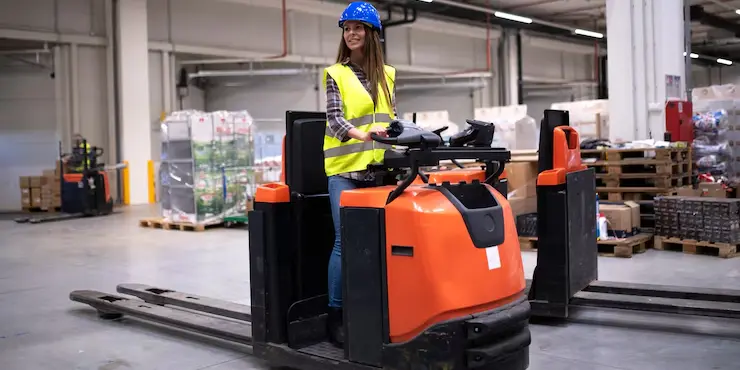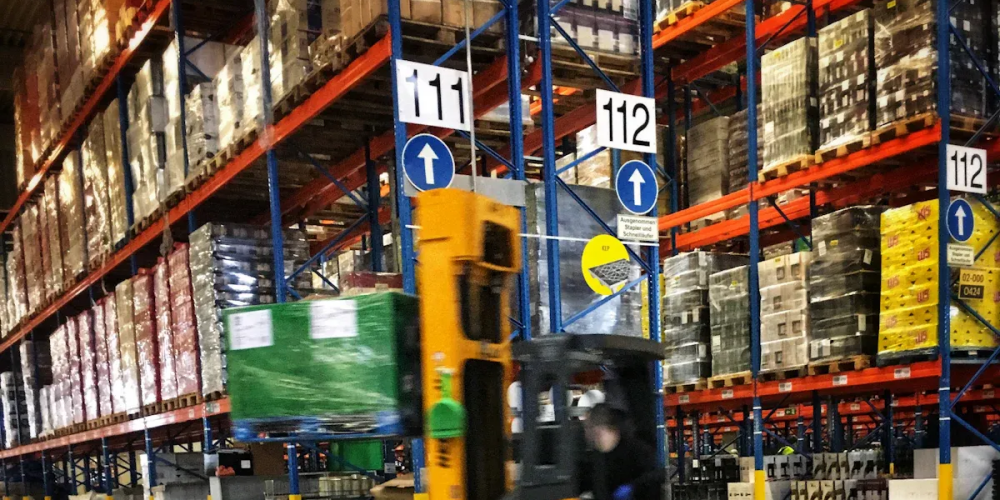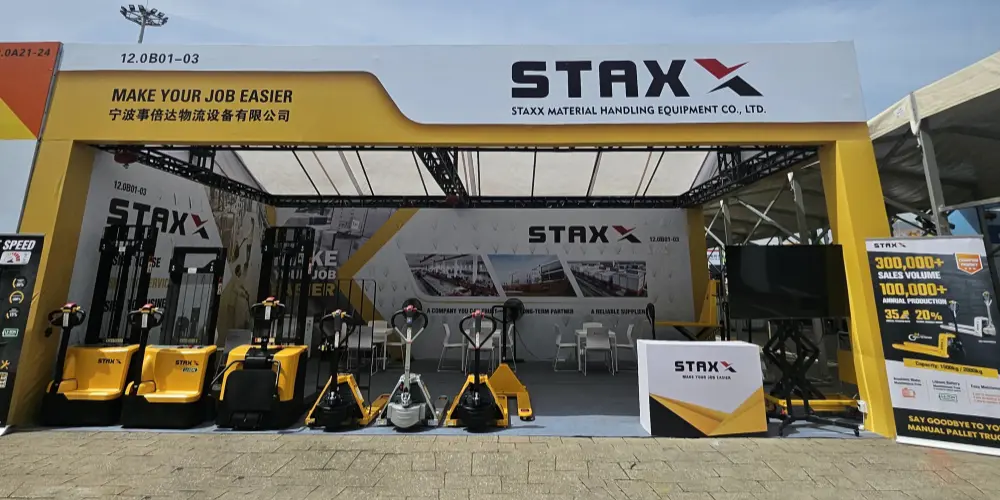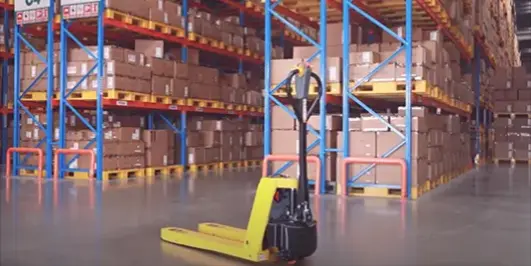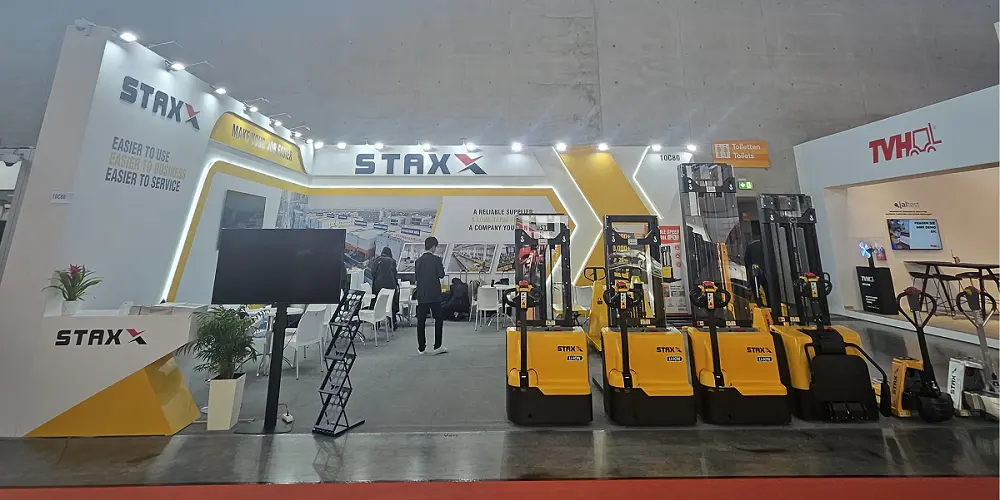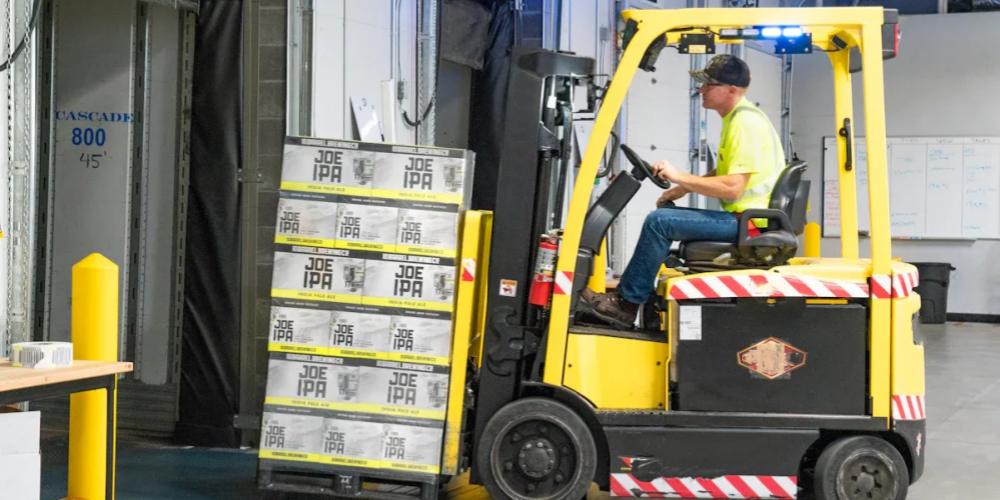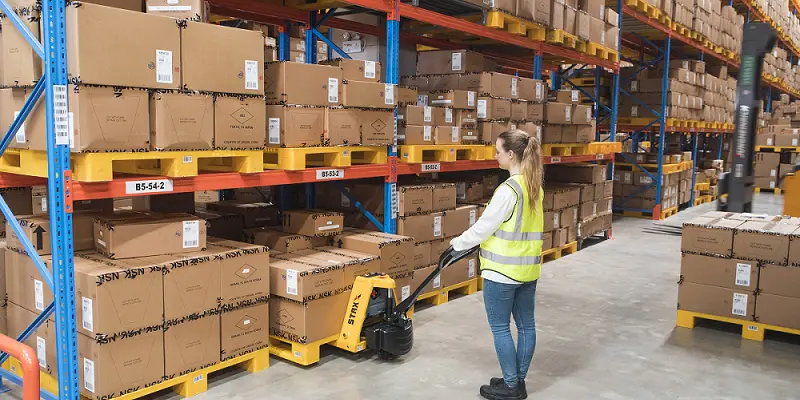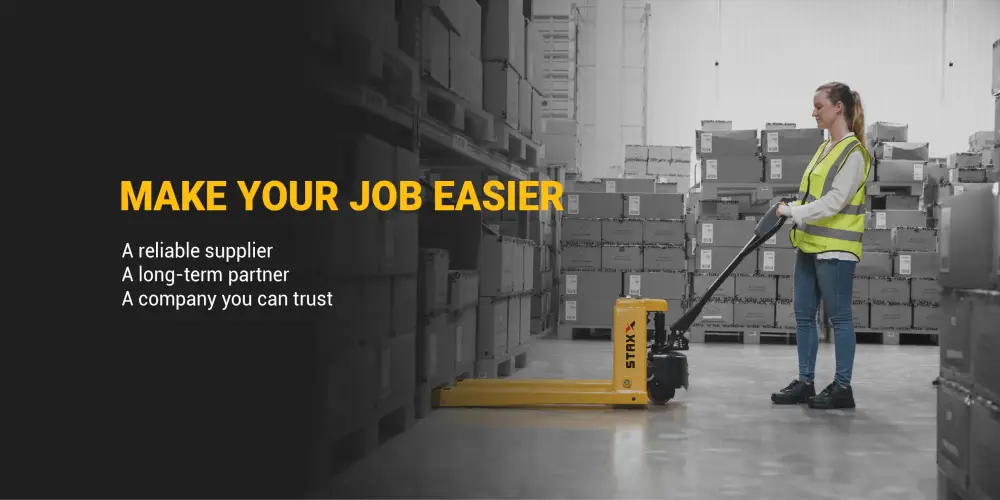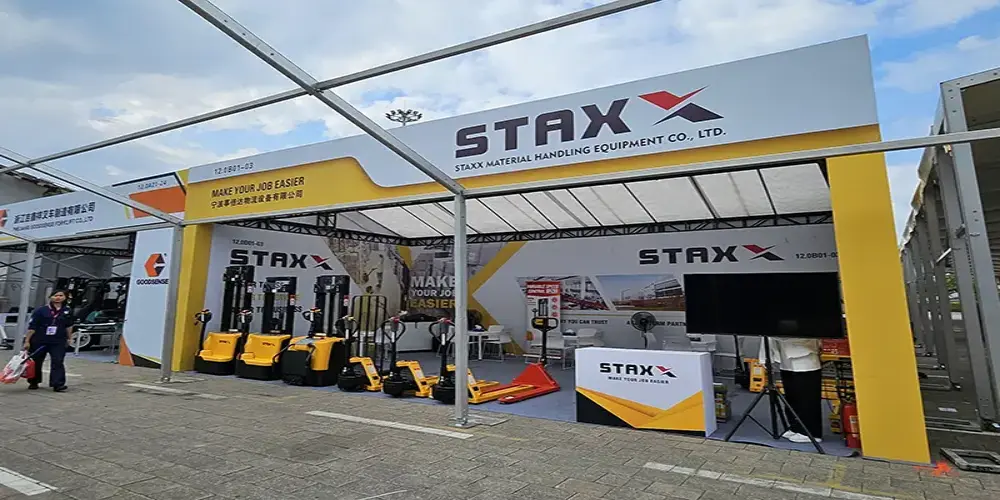Navigating the Challenges of a Volatile Market with Electric Powered Pallet Trucks
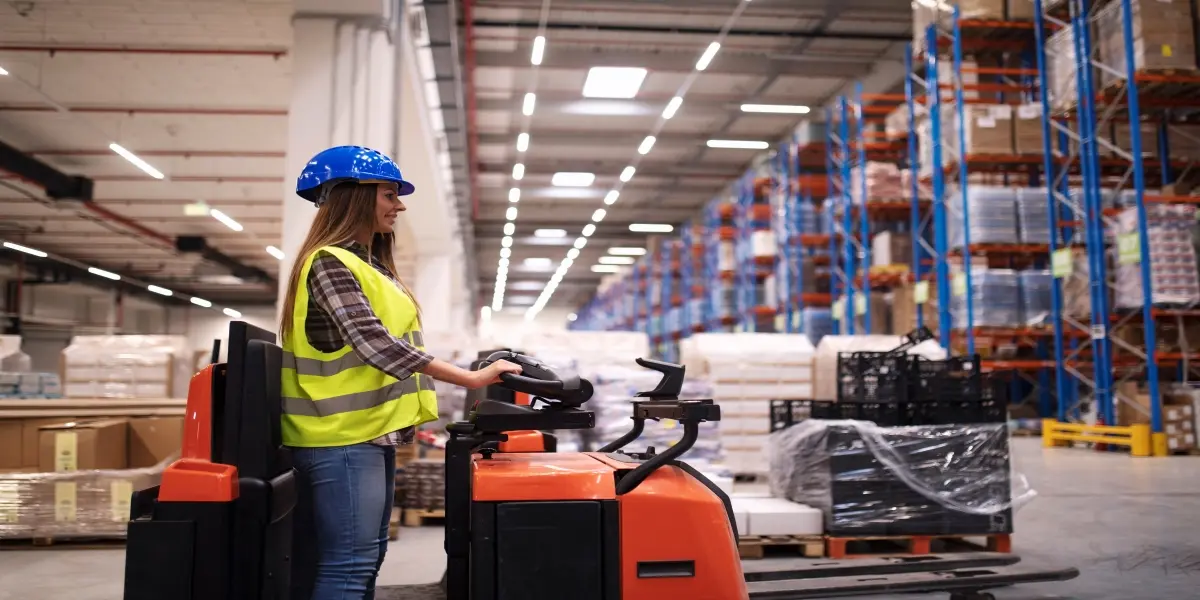
The lift truck market faces constant volatility, driven by rapid technological advancements and shifting economic conditions. I’ve observed how businesses struggle to adapt, especially with rising demands for efficient and sustainable solutions. However, electric powered Pallet Trucks offer a reliable way to navigate these challenges.
- The autonomous forklift market grew from USD 4.58 billion in 2024 to USD 5.00 billion in 2025.
- It is projected to reach USD 7.88 billion by 2030, growing at a CAGR of 9.45%.
Strategic adaptation has become critical. E-commerce and warehouse modernization trends continue to push businesses toward advanced material Handling Equipment, ensuring operational efficiency and cost control.
Key Takeaways
- Electric pallet trucks are better for the environment. They make less CO2 and help companies stay eco-friendly.
- Using electric trucks saves money on repairs, works faster, and follows green rules.
- New tech like smart systems and automation makes these trucks great for moving goods today.
Market Dynamics and Challenges
Drivers of Volatility in the Lift Truck Market
The lift truck market has experienced significant fluctuations in recent years. I’ve observed how external factors, such as the pandemic, have reshaped industry dynamics. Initially, demand surged, leading to record-breaking sales. However, this was followed by a sharp correction, leaving OEMs and distributors with excess inventory. This normalization phase reflects the unpredictable nature of the market.
📊 Key Statistics:
- The global forklift truck market is projected to grow from USD 67.75 million in 2022 to USD 172.62 million by 2030, with a CAGR of 12.35%.
- Growth drivers include construction industry expansion, warehouse developments, and increased demand for battery-operated forklifts.
The powered industrial truck industry contributes over $36 billion annually to the U.S. economy and employs more than 257,000 people. In 2024, electric models accounted for 71% of retail orders in North America, showcasing the growing preference for sustainable solutions.
Impact of Economic Trends on Market Demand
Economic trends play a pivotal role in shaping market demand for lift trucks. I’ve noticed how advancements in technology, such as AI and electric vehicles, are transforming the industry. Government and private sector investments in industrial activities are fueling demand for advanced material handling equipment.
- The forklift truck market is expected to grow by USD 26.88 billion between 2025 and 2029, driven by construction sector growth.
- Environmental concerns and emission standards are pushing businesses toward electric motors and alternative energy sources like hydrogen fuel cells.
These trends highlight the importance of adopting innovative solutions, such as electric powered pallet trucks, to stay competitive in a rapidly evolving market.
Challenges in Adapting to Rapid Market Changes
Adapting to rapid market changes remains one of the most pressing challenges for businesses. Supply chain disruptions have extended lead times for standard models from 12-16 weeks to 22-28 weeks. I’ve seen how shortages of automotive-grade steel, which makes up 60-70% of forklift structures, have driven production costs higher.
- Steel prices surged by 42% year-over-year in Q1 2023, increasing production costs for combustion engine forklifts by 18-22%.
- Semiconductor shortages have disproportionately affected electric forklift production, as advanced models require 120-150 chips compared to 20-30 in traditional models.
These challenges underscore the need for strategic planning and investment in resilient solutions. Electric powered pallet trucks offer a way to mitigate some of these issues, providing cost-effective and efficient alternatives for material handling.
Advantages of Electric Powered Pallet Trucks
Sustainability and Environmental Impact
Electric powered pallet trucks play a pivotal role in reducing environmental impact. I’ve seen firsthand how businesses increasingly prioritize sustainability, and these trucks align perfectly with that goal. Unlike internal combustion engine (ICE) forklifts, electric models produce fewer CO2 emissions, helping companies lower their carbon footprint.
🌱 Tip: Switching to electric trucks can significantly contribute to meeting corporate sustainability goals.
Their reduced energy consumption also makes them an eco-friendly choice. For instance, electric trucks consume less energy compared to ICE forklifts, which translates to lower fuel costs and a greener operation. As environmental regulations tighten, adopting electric solutions becomes not just a choice but a necessity for businesses aiming to stay compliant and competitive.
Enhanced Operational Efficiency
Operational efficiency is a cornerstone of modern material handling, and electric powered pallet trucks excel in this area. I’ve observed how their advanced maneuverability and ergonomic design enhance productivity in tight warehouse spaces. Features like automatic load sensing and route optimization streamline operations, reducing turnaround times and improving workflow.
In various industries, these trucks have revolutionized logistics. For example, in retail, they simplify backroom operations and order picking. In manufacturing, they handle heavy loads with ease, while logistics centers benefit from their speed and reliability. Their high load capacity and energy efficiency further optimize warehouse layouts, saving both time and resources.
📊 Key Metrics:
- High load capacity reduces time spent on logistics tasks.
- Energy efficiency lowers operational costs and environmental impact.
Cost-Effectiveness in Material Handling
Electric powered pallet trucks offer long-term cost savings that outweigh their initial purchase price. I’ve noticed how their lower total cost of ownership makes them a smart investment for businesses. They require less maintenance due to fewer moving parts, which reduces the risk of mechanical failures and downtime.
| Evidence Type | Details |
|---|---|
| Efficiency and Productivity | Electric pallet trucks enhance productivity and safety standards in high-volume operations. |
| Market Demand | Over 60% of high-volume warehouses prioritize electric pallet trucks for operational efficiency. |
| Technological Advancements | Increased demand for lithium-ion-powered trucks with rapid charging and AI integration. |
| Adoption Trends | Growth in e-commerce fulfillment centers and automated warehouses drives adoption of electric trucks. |
Additionally, their reduced energy consumption lowers operational costs, making them a cost-effective solution for material handling. Businesses in e-commerce and automated warehouses increasingly adopt these trucks to meet the demands of high-volume operations efficiently.
Technological Innovations Driving Growth
The rapid pace of technological innovation has propelled the growth of electric powered pallet trucks. I’ve seen how advancements like automation and IoT integration enhance their performance. Features such as real-time monitoring, automatic load sensing, and route optimization improve logistics and decision-making, leading to reduced costs and increased efficiency.
🚀 Innovation Spotlight:
- Battery-powered aisle trucks are expected to dominate the market, accounting for over 80% of electric industrial vehicles by 2024.
The demand for lithium-ion-powered trucks with rapid charging capabilities continues to rise. These trucks are preferred for their energy efficiency and zero emissions, making them ideal for industries like manufacturing and logistics. As automation trends grow, electric pallet trucks will remain at the forefront of material handling innovation.
Strategies for Navigating the Market
Investing in Electric Powered Solutions
Investing in electric powered solutions has become a cornerstone of modern material handling strategies. I’ve observed how sustainability now drives operational decisions across industries. Businesses increasingly adopt energy-efficient equipment, such as lithium-ion forklifts, to reduce emissions and operating costs. These forklifts offer longer operating hours and require less maintenance, making them a cost-effective choice. The growing demand for automation and eco-friendly practices further highlights the benefits of electric powered pallet trucks in streamlining logistics operations.
Sustainability isn’t just a trend; it’s a necessity. Companies like Linde have demonstrated how eco-friendly forklifts can align with environmental goals while enhancing efficiency. This shift reflects a broader industry movement toward electrification, which not only supports compliance with environmental regulations but also creates attractive investment opportunities.
Leveraging Technological Advancements
Technological advancements have revolutionized the lift truck sector. I’ve seen how features like telematics provide actionable insights into fleet performance, enabling businesses to optimize operations. Semi-automated systems, such as Crown’s QuickPick Remote technology, save time by allowing operators to control trucks remotely. These innovations enhance productivity and reduce human error.
Safety has also improved significantly. Tools like Toyota’s Smart Environment Sensor Plus (SEnS+) use geofencing and pedestrian detection to prevent accidents. By leveraging these technologies, businesses can enhance both efficiency and workplace safety.
Risk Management and Strategic Planning
Navigating a volatile market requires robust risk management and strategic planning. I’ve noticed how companies mitigate risks by adopting financial strategies like hedging and rate locks. For example, businesses use interest rate swaps to stabilize costs during economic fluctuations.
| Case Study | Scenario | Strategy | Result |
|---|---|---|---|
| Acme Real Estate's Rate Locks | Developing a commercial property | Secured interest rate locks | Predictable financing costs ensured project viability. |
| Global Conglomerate's Hedging Program | Diverse global operations | Hedged foreign currency debt | Protected financials from currency fluctuations. |
These strategies ensure stability and profitability, even in uncertain conditions.
Collaborating with Industry Leaders like Staxx
Collaborating with industry leaders like Staxx offers a competitive edge. I’ve seen how partnerships with innovators drive advancements in automation and connectivity. Staxx integrates smart technologies into their solutions, enhancing operational efficiency and safety. Their focus on automation aligns with the growing demand for connected, intelligent material handling systems.
Strategic partnerships also address challenges like talent shortages and rising customer expectations. By working with leaders like Staxx, businesses can access cutting-edge solutions and stay ahead in a competitive market.
Navigating market volatility demands innovative solutions. Electric-powered pallet trucks address these challenges by offering sustainability, efficiency, and cost-effectiveness.
- Governments promote electric adoption to reduce emissions, including pallet trucks.
- Investments like USD 5 billion in infrastructure accelerate growth.
- Smart technologies enhance logistics visibility and traceability.
These trends position electric-powered pallet trucks as essential tools for driving industry innovation and shaping a sustainable future.
FAQ
What are the key benefits of electric-powered pallet trucks?
Electric-powered pallet trucks improve efficiency, reduce emissions, and lower operational costs. I’ve seen how they enhance productivity while aligning with sustainability goals.
How do electric pallet trucks compare to traditional forklifts?
Electric pallet trucks offer quieter operation, lower maintenance, and zero emissions. Unlike traditional forklifts, they excel in energy efficiency and meet stricter environmental standards.
Are electric pallet trucks suitable for all industries?
Yes, they work well across industries like retail, manufacturing, and logistics. I’ve noticed their adaptability in handling diverse material handling needs efficiently.

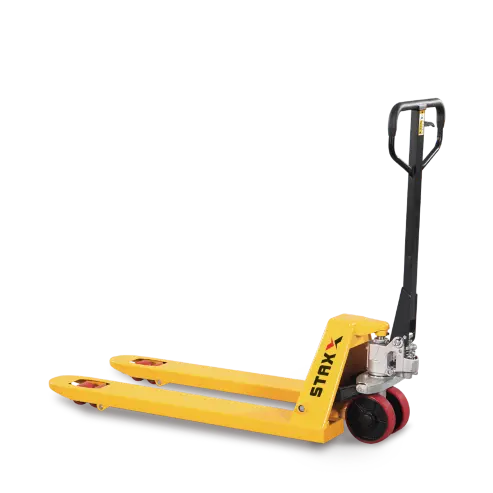 Hand Pallet Trucks
Hand Pallet Trucks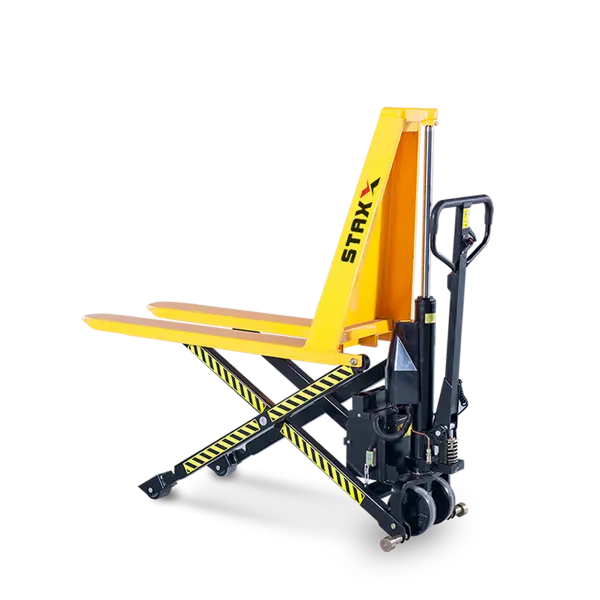 Special Pallet Trucks
Special Pallet Trucks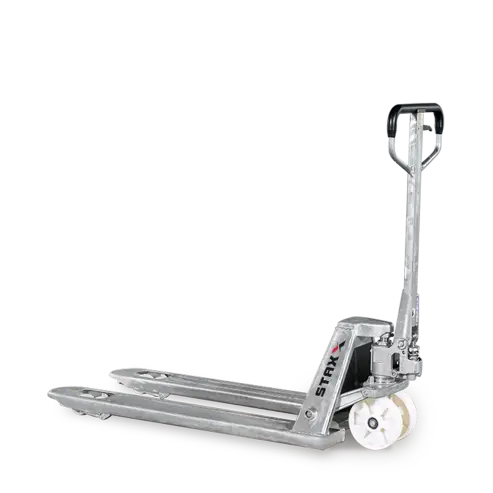 Galvanized and Inox Series
Galvanized and Inox Series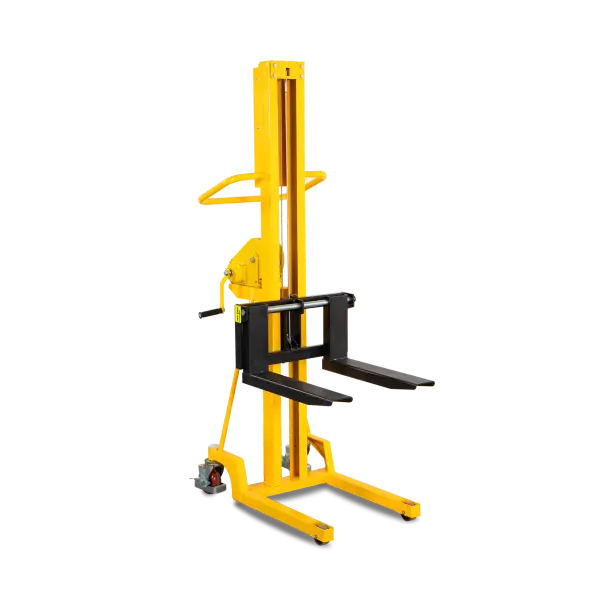 Easy Lift Service
Easy Lift Service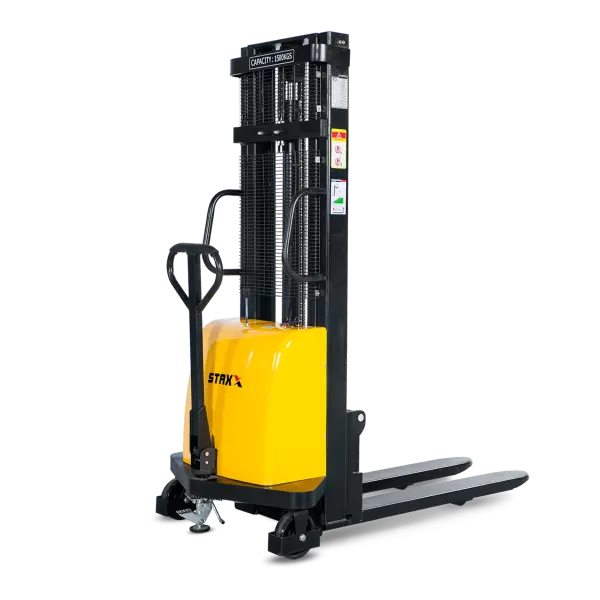 Manual Stackers
Manual Stackers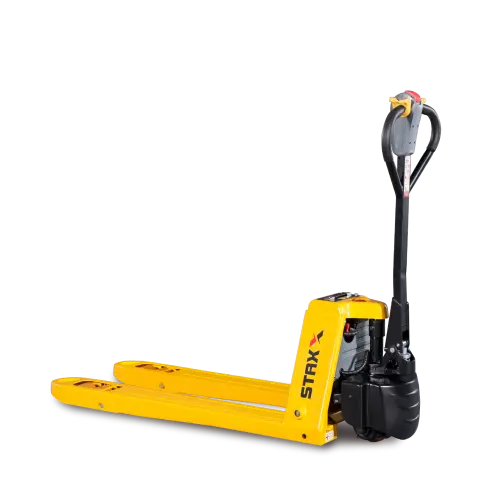 Electric Pallet Truck
Electric Pallet Truck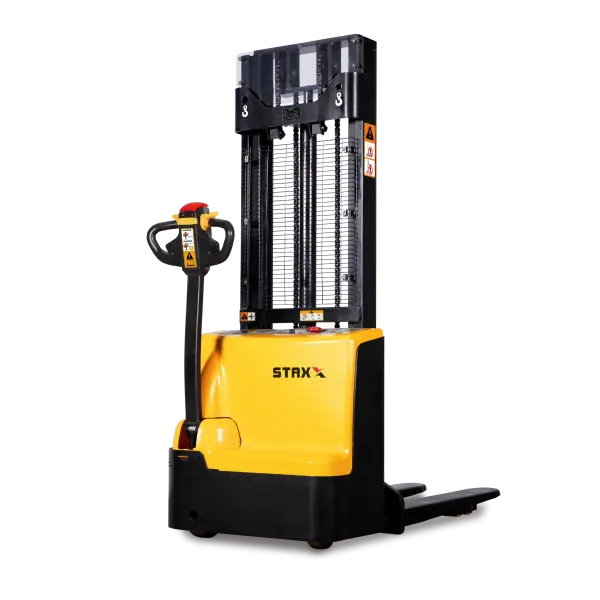 Electric Stackers
Electric Stackers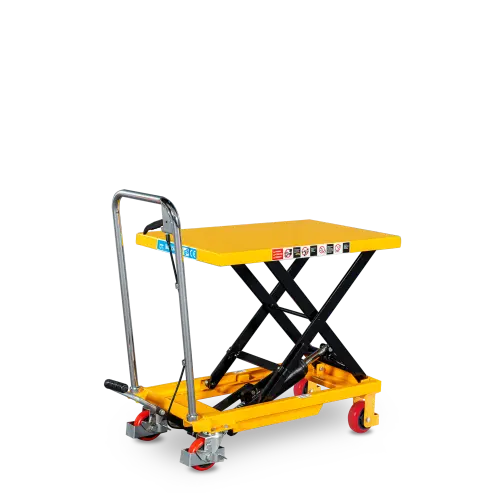 Lift Table
Lift Table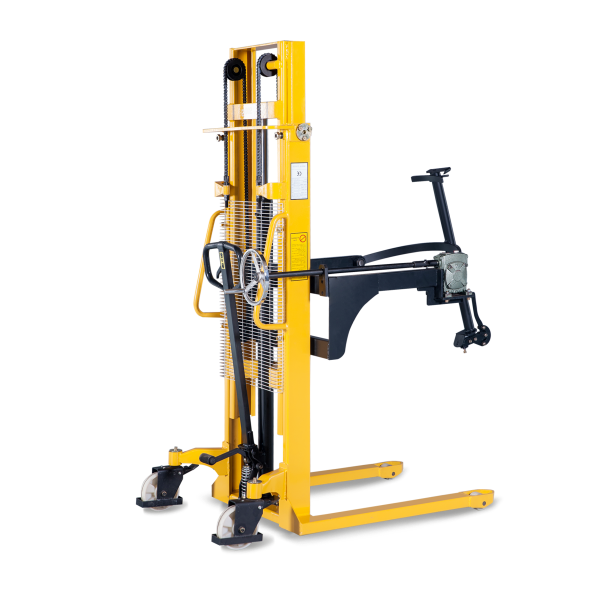 Drum Handling
Drum Handling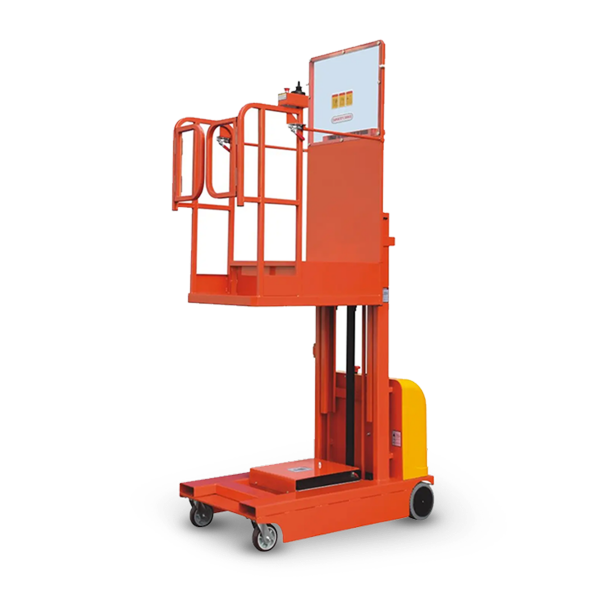 Others
Others


